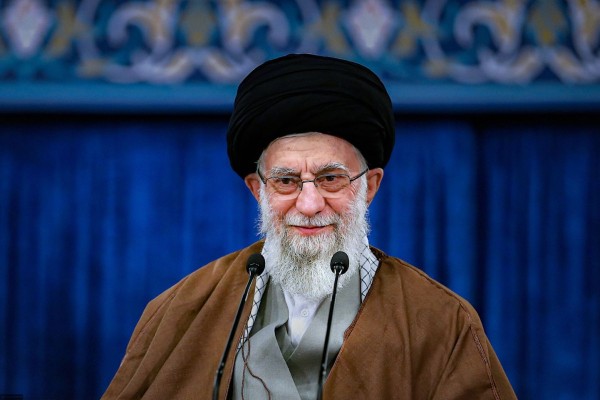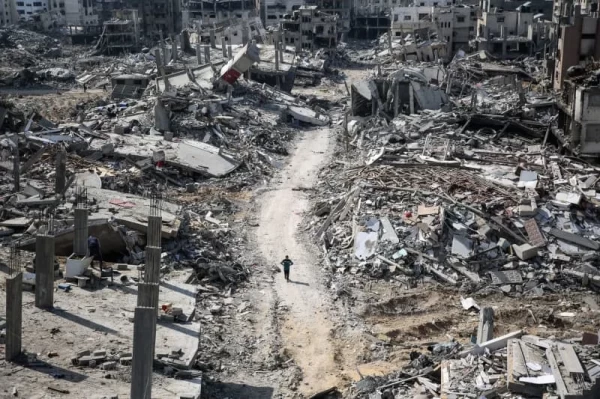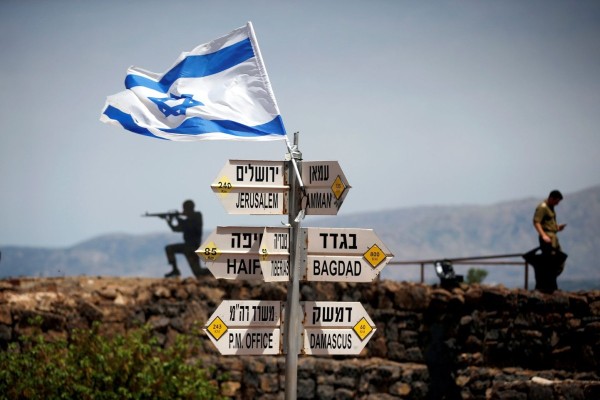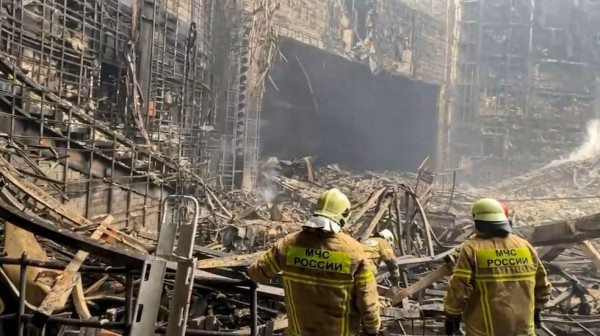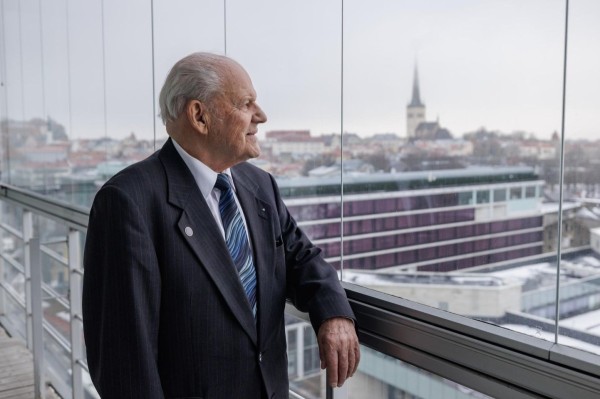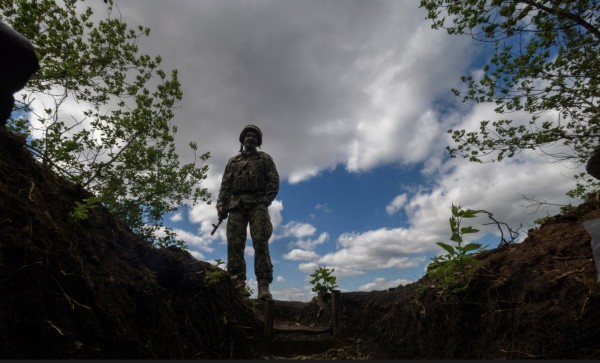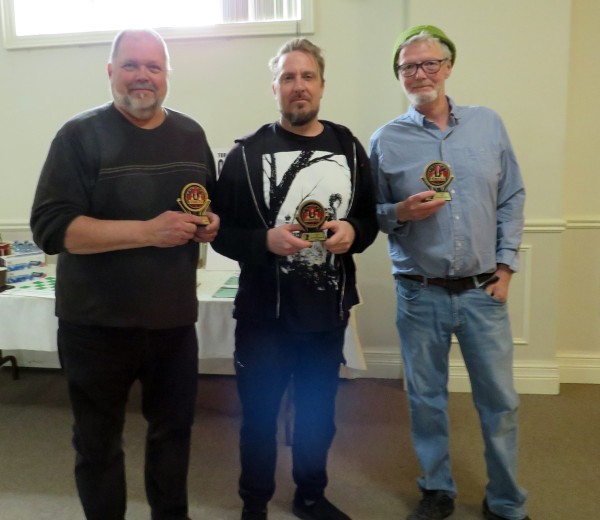Staunton, May 21 – Vaira Vike-Freiberga, the former president of Latvia, points to an inconvenient truth that few want to recognize: no frozen conflicts in the former Soviet space will be resolved as long as Russia retains its veto in the UN Security Council and thus is in a position to block moves toward a resolution.
Speaking on the sidelines of the EU Eastern Partnership in Riga yesterday, the Latvian leader said that despite the existence of the OSCE Minsk Group “there has been no progress” on a resolution of the Karabakh conflict between Armenia and Azerbaijan because Moscow doesn’t want any (turkist.org/2015/05/russia-konflict.html).
“The conflict in Transdniestria also is frozen but there is no progress in its resolution. Georgia has lost its lands. Ukraine has been subjected to military occupation, [and] international law is incapable of resolving these issues,” she says. As long as Russia has a veto in the UN Security Council, “one should not expect resolutions from this organization.”
There are three reasons for paying close attention to what Vike-Freiberga said. First, as a representative of a small country that has often suffered at the hands of large one, she can like Baltic leaders before 1940 and other Baltic leaders like Vytautas Landsbergis and Toomas Hendrik Ilves now can speak the truth that others feel compelled to avoid doing.
Because the task of diplomats is diplomacy and because diplomats must maintain a certain optimism to keep going to work, few in Western countries involved in dealing with Moscow have been willing to acknowledge that Moscow doesn’t want settlements in many cases and that it can use its clout at the UN to block them.
Second, Vike-Freiberga’s words are especially worth attending to now because many in the West appear to have concluded that moves toward a frozen conflict in Ukraine represents “progress” and “the best available outcome” in the wake of Russia’s Anschluss of Crimea and intervention in the Donbas.
That is a dangerous self-deception, one encouraged by Moscow and its supporters, because it would guarantee that the kind of problems one sees across the post-Soviet space would not only spread to and be institutionalized in Ukraine but would encourage Vladimir Putin to apply the same tactic elsewhere in Latvia, Kazakhstan, or Belarus.
And third, the Latvian leader’s observation is important because it should be the beginning of a discussion about a post-Ukrainian crisis world. Putin has so violated international law with his actions in Crimea and the Donbas that it is now time to think about a post-Ukrainian crisis world.
After the dislocations of World War I, Europe created the League of Nations; after those of World War II, the international community created the United Nations. Now, because Putin has violated the principles on which that body rests, it is time to begin to think about creating a new international body, one that can block aggressors like Putin rather than give in to them.
That won’t be easy, and most commentators, diplomats and politicians will continue to create epicycles rather than recognize that the Ptolemaic world of the UN is no more. The price of that ostrich-like approach, as Vike-Freiberga points out, will be more frozen conflicts, more violence, and less real peace, whatever Moscow and those who go along with it say.
No ‘Frozen Conflicts’ Will Be Resolved While Russia has Veto in UN Security Council, Vike-Freiberga Says (4)
Viimased kommentaarid
Kommentaarid on kirjutatud EWR lugejate poolt. Nende sisu ei pruugi ühtida EWR toimetuse seisukohtadega.
Jüri Lina has been made risible for no reason. A dissident against the Soviet Union who pointed out, supported by serious research (footnoted, bibliography etc) how a certain group supported the Bolshevik Revolution and the ensuing seventy+ years of cruelty. In Estonia thankfully only 50 yrs or so if you accept that the country is now free of that ghastly residue.
Bankers from the US supported the bolshie revolution. Historical fact. Lina points out by name who was at blame, and does not shy from noting the background. Read Anthony Sutton about how Wall Street backed the "revolution".
Get off the finger-pointing throne, read, think, disseminate, and see the reality. Finally, sandbox games are so juvenile. Accusations should be based on fact. Easy to hide behind cowardly anonymity.
Bankers from the US supported the bolshie revolution. Historical fact. Lina points out by name who was at blame, and does not shy from noting the background. Read Anthony Sutton about how Wall Street backed the "revolution".
Get off the finger-pointing throne, read, think, disseminate, and see the reality. Finally, sandbox games are so juvenile. Accusations should be based on fact. Easy to hide behind cowardly anonymity.
......is Jüri Lina!
The super-skeptic, Maxim de la Trine, refuses to believe anything -- unless it has already been rubber-stamped by kooks, and; there's an absolute absence of evidence for it.
Arvamus
TRENDING







